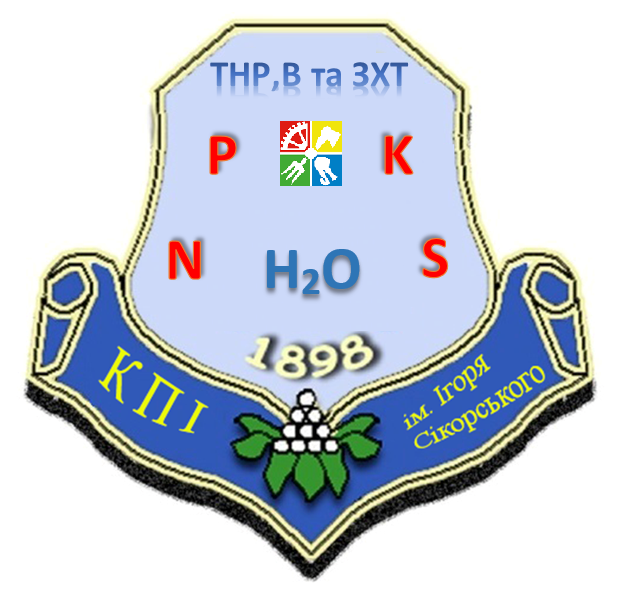Microstructure of calcined Mg-rich clay minerals of Egyptian serpentinites
The thermal behaviour of Mg-rich
clay minerals in two serpentinites was studied by
means of DSC-TG, XRD, IR and SEM. Experiments
are carried out heating at temperatures in the 600-
1200 °C range for 2-4 hours. Analyses revealed that
antigorite, talc and clinochlor are the main Mg-rich
clay minerals. Dolomite and magnesite are accessory
minerals. Chromite, magnetite and hematite are in
small amounts. DSC-TG results of the antigorite -
rich sample reveal that most of the loss of free water
and water absorbed at surface (approx. 13%) occurs
at approximately 750 °C. The decomposition into
the high-temperature products forsterite + enstatite
proceeds via an intermediate assemblage of forsterite
and a talc-like phase, observed within a temperature
interval of 100 ± 20 °C. The breakdown of antigorite
and the talc-like phase is kinetically controlled by
surface growth processes at the edges of grains. The
decomposition of the talc-clinochlore-antigorite
assemblage took place at higher temperature and
produced enstatite and spinel. It is suggested that
their formation dependents on how clinochlore
dehydrates and on the talc trioctahedral arrangement,
which provides rapid transformation into enstatite.
The increase of the reaction rate with temperature is
confirmed by XRD and IR data as well as by SEM.
Results of this work, indicate that highly crystalline
forsterite and enstatite form by dehydroxilation of
Mg-rich minerals.
riassunto. — Il comportamento termico di minerali
argillosi ricchi di Mg presenti in due serpentiniti è
stato analizzato tramite l’uso di apparecchiature quali
DSC-TG, XRD, IR e SEM. Gli esperimenti sono
stati condotti riscaldando il materiale a temperature
comprese tra 600 e 1200 °C per intervalli di tempo
variabili da 2 a 4 ore.
Dalle analisi è emerso che i principali minerali
ricchi di Mg sono antigorite, talco e clinocloro.
Dolomite e magnesite figurano come accessori
mentre cromite, magnetite ed ematite sono presenti
in quantità modeste.
 8.pdf
—
Документ PDF,
1.86 MB (1949690 bytes)
8.pdf
—
Документ PDF,
1.86 MB (1949690 bytes)
